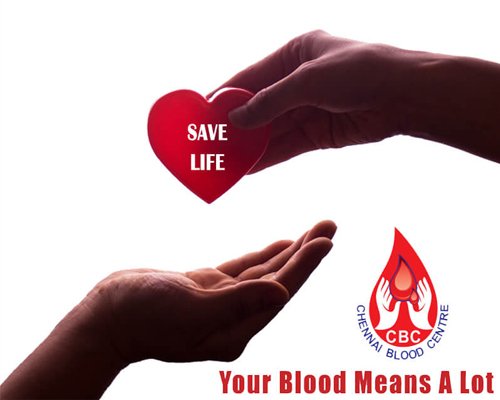Blood Bank in Anna Nagar

What is blood banking?
Blood banking is the process that takes place in the lab to make sure that donated blood, or blood products, are safe already they are used in blood transfusions and other health procedures. Blood banking includes typing the blood for transfusion and testing for infectious diseases.
Who are the blood donors?
Most blood donors are volunteers. However, sometimes a patient may want to donate blood a couple of weeks before undergoing surgery, so that his/her blood is available in case a blood transfusion is necessary.
To further ensure the safety of the blood donation process and available blood supply, volunteer blood donors must pass certain criteria, including the following:
- must be at least 16 to 17 years of age
- must be in good health
What are the blood types?
According to the American Association of Blood Banks, distribution of blood types in the us includes the following:
- Rh-positive
- A Rh-positive
- B Rh-positive
- Rh-negative
- A Rh-negative
- AB Rh-positive
- B Rh-negative
- AB Rh-negative
Components of blood?
Red blood cells – carry oxygen to the tissues in the body and are commonly used in the treatment of anemia.
Platelets – help the blood to clot and are used in the treatment of leukemia and other forms of cancer.
White blood cells – help to fight infection, and aid in the immune process.
Plasma – the watery, liquid part of the blood in which the red blood cells, the white blood cells, and platelets are suspended. Plasma is needed to transmit the many parts of the plasma through the circulation. Plasma serves numerous functions, including the following:
- Helps to conserve blood pressure
- Provides proteins for lifeblood thickening
The process of blood banking i.e. collection of blood, testing, processing the blood and storing of blood, forms the keystone of emergency as well as surgical medicine. Emergencies can occur at any minute.


Leave a Reply
Want to join the discussion?Feel free to contribute!